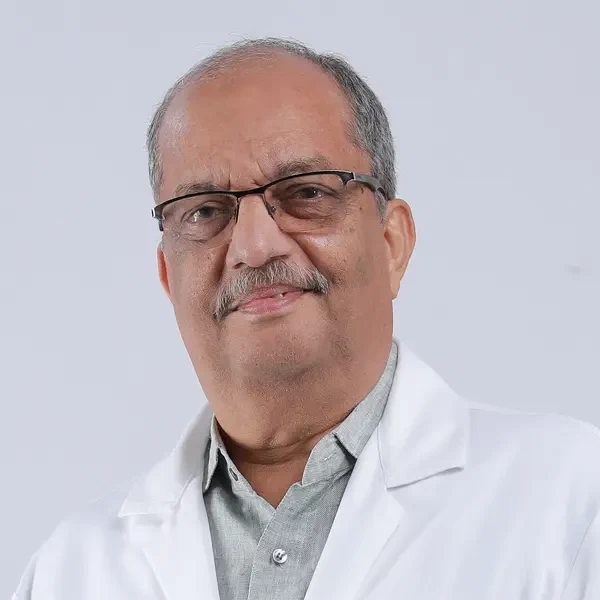 Medically reviewed by: Dr. V V George,HOD, Consultant Orthopaedic Surgeon - Written by Jasni Salim - Updated on 24/02/2025
Medically reviewed by: Dr. V V George,HOD, Consultant Orthopaedic Surgeon - Written by Jasni Salim - Updated on 24/02/2025Taking care of your bone health is simpler than you might think. Your diet, exercise and other habits can help keep your bones strong. Bones have many important jobs in your body. They give you shape, keep your organs safe, hold your muscles in place and store calcium. It is really important to make your bones strong when you are a child and teenager but you can also do things as an adult to keep your bones healthy.
Your bones are always changing. When you are younger, your body makes new bone faster than it gets rid of old bone thus your bones get stronger. Most people have the strongest bones by around age 30. After that, your body starts to lose a little more bone than it makes.
How likely you are to get osteoporosis which is a condition that makes bones weak and fragile. It depends on how strong your bones are when you turn 30 and how quickly you lose bone after that. If you have stronger bones at 30, you have a better chance of keeping your bone health good as you get older.
Many things can impact how healthy your bones are such as.
Calcium in your diet: Not getting enough calcium can make your bones weaker and more likely to break.
Physical activity: Not being active can increase your chance of getting weak bones compared to those who exercise regularly.
Smoking and drinking: Smoking can weaken bones. Drinking more than one drink a day for women or two for men can also raise the risk of weak bones.
Gender: Women are at a higher risk of weak bones because they generally have less bone tissue than men.
Body size: If you are very thin or have a small body frame, you might have less bone mass as you grow older.
Age: Bones become thinner and weaker as we get older.
Race and family history: White and Asian people are at greater risk. If your parent or sibling has weak bones, your risk increases too, especially if there is a history of fractures in your family.
Hormones: Too much thyroid hormone can cause bone loss. Women lose a lot of bone after menopause when estrogen drops. Men can lose bone if their testosterone levels are low.
Eating disorders and health issues: Eating very little food and being underweight can weaken bones in both men and women. Conditions like celiac disease and weight loss surgery can also lower calcium absorption.
Certain medications: Long term use of medications like corticosteroids can harm bones. Other drugs like some breast cancer treatments and antidepressants can also increase your risk of weak bones.
You can do a few easy things to help keep your bones strong and slow down bone loss. For example:
Adults between 19 and 50 years old need 1,000 milligrams (mg) of calcium daily. Women more than 50 and men over 70 need more at 1,200 mg per day. Good calcium sources include milk, cheese, yogurt, almonds, broccoli, kale, canned salmon with bones, sardines and tofu. If you cannot get enough calcium from food, talk to your doctor about taking supplements.
Your body needs vitamin D to absorb calcium properly. For adults aged 19 to 70, the recommended amount is 600 international units (IUs) daily. This increases to 800 IUs for those aged 71 and older. Good sources of vitamin D include fatty fish like salmon and tuna, mushrooms, eggs and fortified foods like milk and cereals. Getting some sunlight also helps your body make vitamin D. If you are concerned about your vitamin D levels, consider discussing supplements with your doctor.
Exercise is very important for staying healthy. It can help reduce stress and anxiety, improve balance, make it easier to sleep and lessen feelings of sadness. People who exercise regularly tend to live longer and enjoy their lives more which have less pain and disability. On the flip side, not being active can lead to more doctor visits and a higher chance of getting certain illnesses. Getting older adults to start exercising can be a challenge but it is worth the effort because of the many benefits. Aim for at least 30 minutes of physical activity each day. Here are some activities to try:
Do not smoke as it is bad for your bones. If you are a woman, try to limit alcohol to one drink per day. If you are a man, limit it to two drinks per day. Making these lifestyle changes can help keep your bones healthy.
Many people struggle with their weight but keeping a healthy weight is important for bone density improvement and good movement as we age. Being too heavy can harm bone health and raise the chance of breaks because of the extra weight. On the other hand, being too thin can lead to weak bones and conditions like osteopenia and osteoporosis. Also, losing and gaining weight repeatedly can lead to serious bone loss. It is best to aim for a balanced weight which is not too heavy and not too thin to help protect your bones for the future.
If you are worried about how to avoid osteoporosis or have problems like a recent broken bone, talk to your doctor. They may suggest a bone density test to see how strong your bones are and how fast you are losing bone. This information along with your risk factors will help your doctor decide if you need medicine to protect your bones and slow down bone loss.
You can go to EMC which is one of the best orthopedic hospitals in Kochi. We provide excellent care and surgeries for patients of all ages. Whether it is newborns with bone issues, young athletes with injuries or older people with arthritis, we have the right treatment. Our hospital is especially known for joint replacement surgeries and bone density improvement has a great track record of success over the past thirty years. We are committed to helping everyone get back to a healthy and active life.

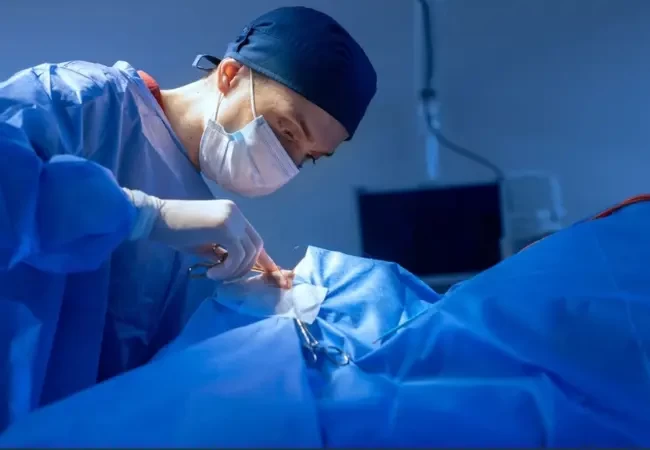
Discover the truth behind common plastic surgery myths. Learn what's real, what's outdated, and how modern procedures truly work.
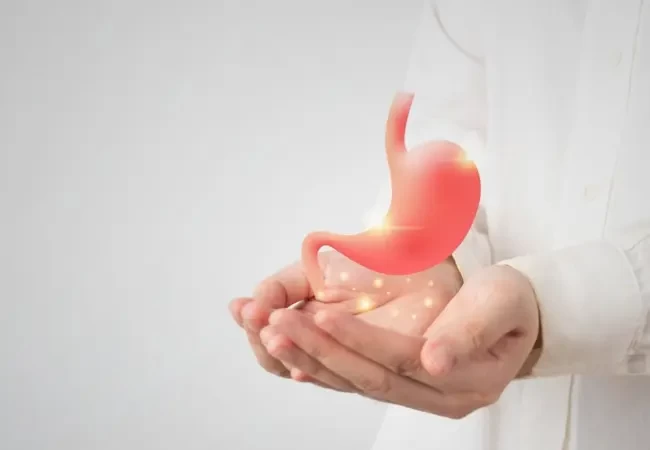
A step-by-step overview of GI surgery, covering what to do before surgery, what happens in the OR, and how to ensure a strong recovery.

Learn about cancer, its early signs, and prevention tips to lower your risk. Early detection saves lives—stay informed, take proactive steps, and protect your health.

Discover why a skilled pediatrician is essential for your child's growth, development, and overall well-being, from infancy through adolescence.

Discover how dermatology can help tackle acne, slow aging, and treat various skin conditions for healthier, more radiant skin.

Discover common childhood allergies, their symptoms, and management tips. Stay informed to keep your child safe and healthy.

Your liver plays a vital role in metabolism, digestion, immunity, and detoxification. Learn how liver health affects your body and ways to maintain its function.

Strong bones support your body and protect your health. Discover simple diet, exercise, and lifestyle tips to maintain bone strength at any age.
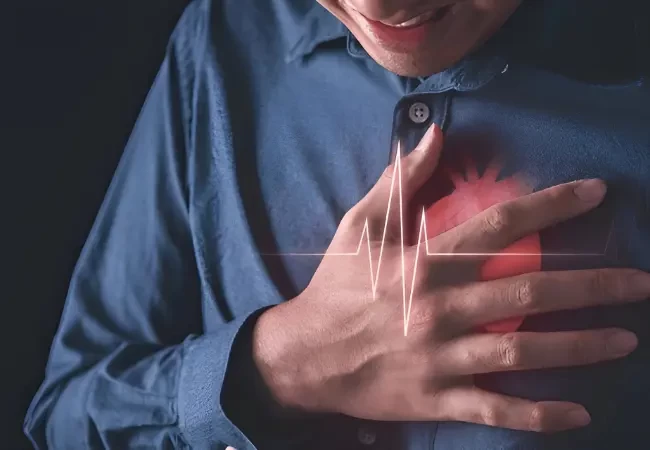
Discover the symptoms, causes, and treatment of hypertensive heart disease. Learn how high blood pressure affects your heart and when to seek medical care.
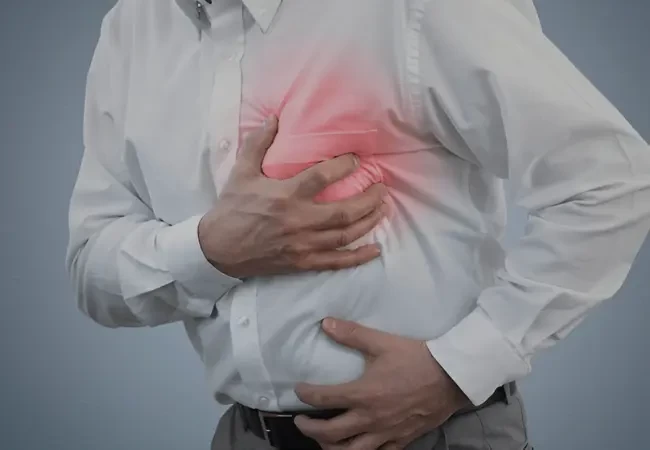
Learn about chest pain symptoms, causes, and treatments. Know when to seek medical help for a healthier heart.